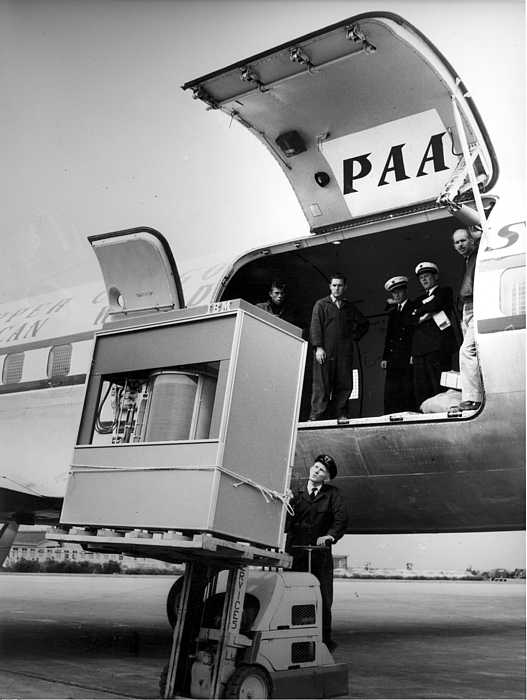Blog Every EMR should offer unlimited data storage

In Singapore, the Ministry of Health (MOH) mandates that electronic medical records be kept for patient’s lifetime plus 6 years. Most clinics operate for 25-30 years and see tens of thousands of patients – as a doctor or clinic manager, this leaves you responsible for hundreds of Gigabytes (GBs) of data! Cloud-based systems are built to handle more data than locally installed systems – your data is stored on multiple remote servers that are linked together, and more servers or server space can easily be added if the amount of data you have grows. However, a lot of cloud-based providers (not Plato) ask that clinics pay a higher subscription rate as their data increases. Some clinics may subscribe to a software thinking that it is affordable, only to be surprised by dramatic price increases later in their software subscription.
At Plato, we believe that your CMS/EMR should provide your clinic with unlimited data storage without increasing prices. Here’s why:
Data storage costs are decreasing over time.
In 1990, it cost ~$12 000 to buy a hard drive that would store 1 GB of data. By 2009, data costs had dropped exponentially to ~$0.07 for 1 GB of data. That is why companies that offer cloud storage, like Dropbox and Google Drive, offer 1 TB (1000 GB) for $12.99/month. If your software is built correctly, data storage costs should be affordable and should not grow dramatically.
However, a lot of clinic management software vendors will try to sell the idea that software prices should increase as the amount of data stored in the software increases. There are a couple of reasons why they do this: if they rely on older, poorly built technology, it really might be more expensive for them to store your clinic’s data. Another possible explanation: a lot of people still believe data storage is expensive, so some vendors take advantage of that belief.
If a cloud software is well built, it should be able to manage all of your data at an affordable cost.
An EMR/CMS that stores your data in one place is better for everyone
Having medical records stored in different places is at best disorganized, and at worst, dangerous. If your EMR/CMS limits a clinic’s storage, it is likely to turn to store data in different places – maybe folders on a computer, or paper files. Once data is in multiple places, it is easy to overlook some information. Staff may forget that a patient has results in a computer file, and only look at the patient’s EMR and paper file. However, if a patient has one aggregated record, the chances of missing any information is dramatically reduced. Storing everything in a single EMR/CMS is better for patients, and for the clinic as well.
From an EMR provider’s perspective, we want you to use Plato as completely as possible. The more useful a product is, the more likely you will continue to use it. So, Plato offers unlimited data storage: we want your clinic to feel comfortable putting all of your information in one place. At the same time, you can always have a local data backup on-site at your clinic. Plato will also return your data back to you, should you decide to switch providers.
If your EMR/CMS does not currently offer you unlimited data, maybe you should consider switching.
Want a demo? Book a 10-minute chat
November 22, 2017
